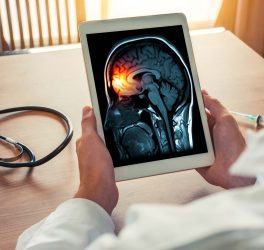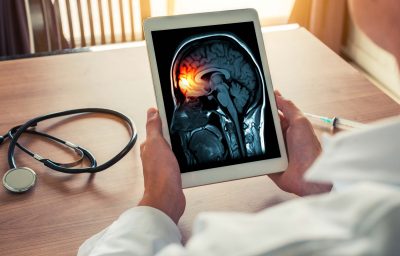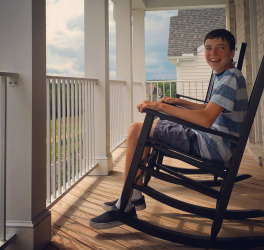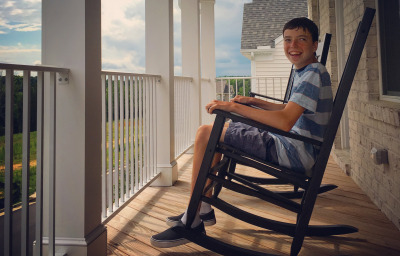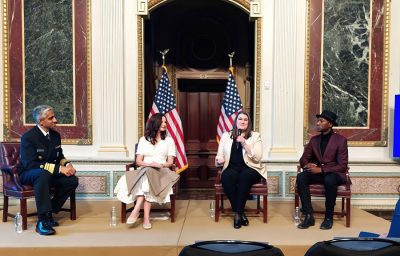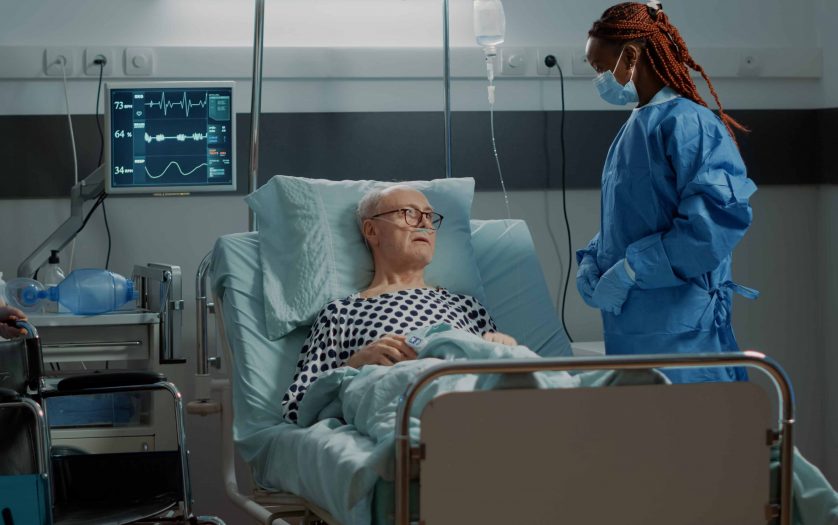
An Emergency Department relief package announced by the Minns Labor Government will ease the pressure on stretched NSW hospitals.
The 2024-25 NSW Budget invests $480.7 million in a package of initiatives that will help to avoid an estimated 290,000 visits to emergency departments each year once fully implemented.
This package will connect more people across NSW with high quality, accessible and timely care, by expanding alternatives to the emergency department, and by improving the flow of patients through the system.
The latest Bureau of Health Information data for January to March 2024 continued to see a record number of ambulance responses and more patients who are sicker than ever before presenting to NSW public hospital EDs, with a record number of triage category 1, 2 and 3 presentations.
Alternatives to Emergency Departments
Almost 180,000 people are expected to be able to avoid a trip to busy EDs each year with a $171.4 million expansion of the services accessed via Healthdirect through the Single Front Door.
This package will significantly expand access for people across the state to the free services available though Healthdirect. Building on the success of virtualKIDS which became statewide at the end of 2023, a new statewide service, VirtualADULTS will provide greater access to virtual consultation with a range of health professionals such as doctors, nurses and mental health clinicians, and access to virtual specialist advice where required through newly established service pathways.
By calling Healthdirect, individuals will first speak to a registered nurse who will triage the patient, assessing the urgency of their condition and their suitability for a virtual consultation.
If the registered nurse deems a patient’s condition is serious enough to warrant an urgent appointment but not serious enough to warrant a presentation to an ED, they will connect the patient to a GP or refer them for a virtual consultation with a senior nurse or a doctor.
Adults and children with conditions like fevers, mild respiratory illnesses, infections, vomiting and diarrhoea often require medical advice and intervention within 24 hours but may not be able to obtain an appointment with their local GP in that timeframe. Through the virtual consultation, the clinician will be able to assess the patient’s condition, give detailed medical advice, provide e-scripts and discuss a treatment plan. Virtual specialist advice will also be accessed by the consulting clinician if required.
This initiative will allow many patients who have urgent but not life-threatening conditions such as these to avoid a trip to an ED by providing care and treatment through Healthdirect instead.
The community can access the service by calling Healthdirect on 1800 022 222 at any time. Treatment is free for Medicare card holders.
If you need language support, call TIS National on 131 450 and ask for Healthdirect.
Additionally, more than 114,000 ED presentations will be avoided every year with a$100 million investment in the state’s Urgent Care Services for a further two years.
Urgent Care Services provide an excellent alternative for people with health issues that are urgent, but not life threatening, to avoid attending a busy ED.
These include a number of urgent care clinics across NSW, as well services run through Local Health Districts such as geriatric outreach services. The clinics are available at Caringbah, Carlton, Dapto, Top Ryde, Liverpool, Long Jetty, Gregory Hills, Bankstown and Orange, with patients booking an appointment through Healthdirect.
The NSW Government has delivered 16 Urgent Care Services since July 2023 as part of a commitment to deliver 25 urgent care services across the state by June 2025.
Alleviating pressure on EDs frees up vital resources for patients with more serious needs and improves conditions for hardworking staff.
Improving patient flow
Public hospitals across NSW will be able to support an estimated 16,000 patients per year and avoid nearly 80,000 hours of ED wait times, through an expansion of Emergency Department Short Stay Units.
This $70 million investment will support more treatment spaces in EDs for ED patients who require short-term treatment, observation and ongoing assessment. The units have proven successful in improving patient flow and reducing emergency department wait times.
Hospital in the Home will receive a boost of $31.4 million to expand capacity and increase the use of virtual care. This funding will support a scaling up of services.
This enhancement will allow an estimated 3,500 additional patients to be cared for safely in the comfort of their home, rather than in a hospital bed, on top of the 5,300 currently cared for under this program each year.
The relief package also funds the creation of a new patient flow concierge role.
These roles will support clinical staff to facilitate patient flow and better co-ordinate the discharge processes. This will enhance patient communication and experience, including for patients awaiting discharge who are National Disability Insurance Scheme recipients or residential aged care residents.
The package also includes funding for new technology that will help clinical staff to identify patients who are suitable for discharge, earlier, allowing people to recover at home with appropriate supports.
Treasurer Daniel Mookhey said: “This is a must-have investment to relieve pressure on the state’s emergency departments and improve patient care.
“This Budget delivers on the Minns Government’s commitment to rebuild the NSW health system. Better emergency departments will mean better results for people.
“This $480.7 million investment will mean hundreds of thousands of people can avoid a visit to an emergency department. It saves sick or hurt people time and eases pressure on staff.
“NSW can afford to do this. By cutting the state’s debt, we have cut the state’s interest bill. It means we can use those savings to relieve some of the burden on our health system.”
Minister for Health Ryan Park said: “Our emergency departments face significant challenges with record presentations, so we are making the necessary investments across a range of strategically important areas to relieve that pressure and provide more alternatives for the community.
“This $480.7 million ED relief package will be implemented and monitored in consultation with the ED Taskforce formed in December last year and seeks to improve the patient experience through more timely, person-centred care, but also to improve the experience of our hardworking healthcare staff.
“By introducing innovative models of care such as the ‘single front door’, we are building on the success of our virtual and urgent care services that bridge the gap between primary care and emergency care, and ultimately improving access to healthcare for people across NSW.
“In 2023, Healthdirect received more than 315,000 calls from the NSW public, of which only 35.5 per cent were referred to an ED, with the remaining callers connected to the right care, within the right timeframe.
“This included a range of services from primary care services such as GPs, community services, pharmacy support, virtualKIDS, virtualGP services or the NSW Ambulance Virtual Clinical Care Centre which can further triage callers such as those from Residential Aged Care Facilities.”



